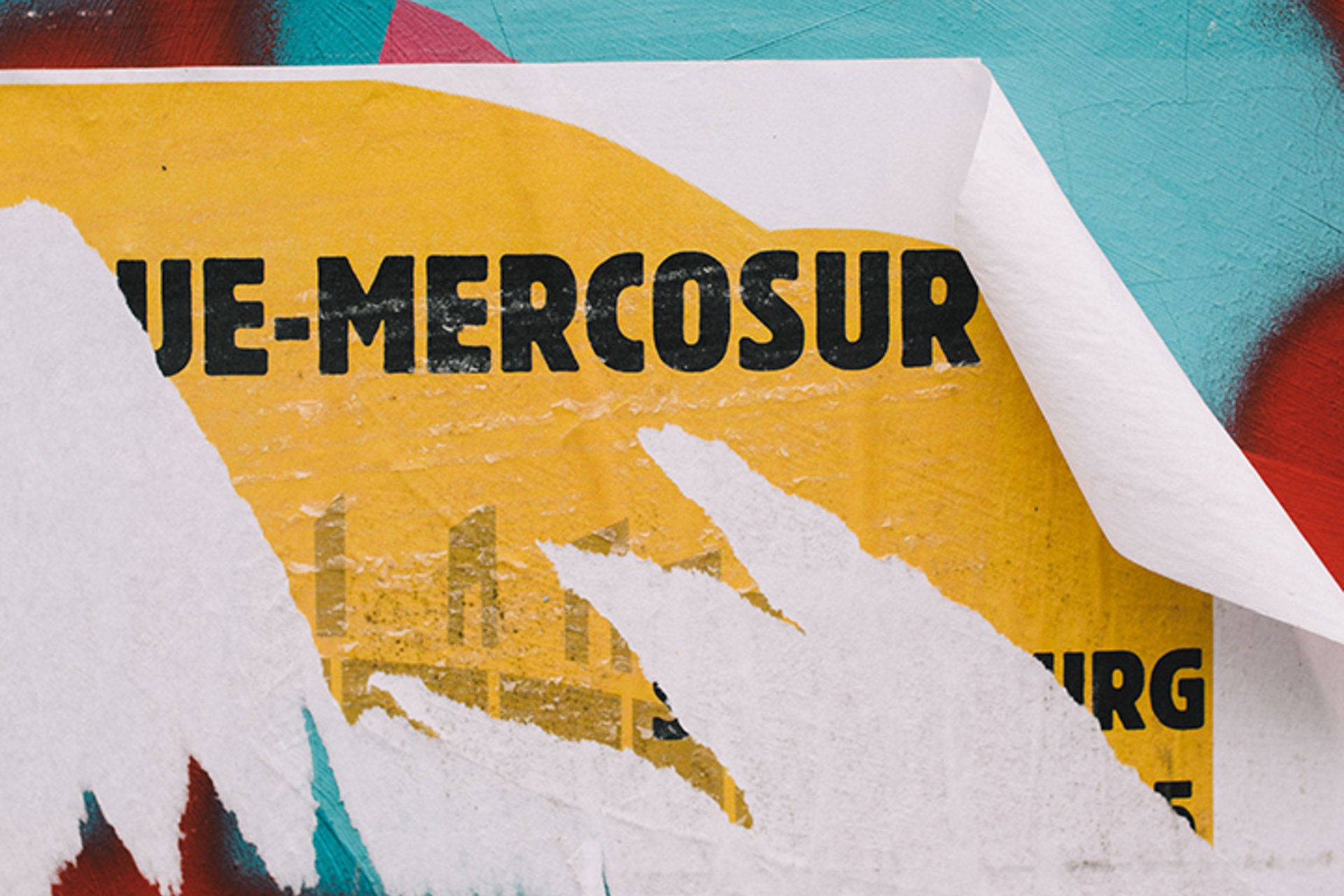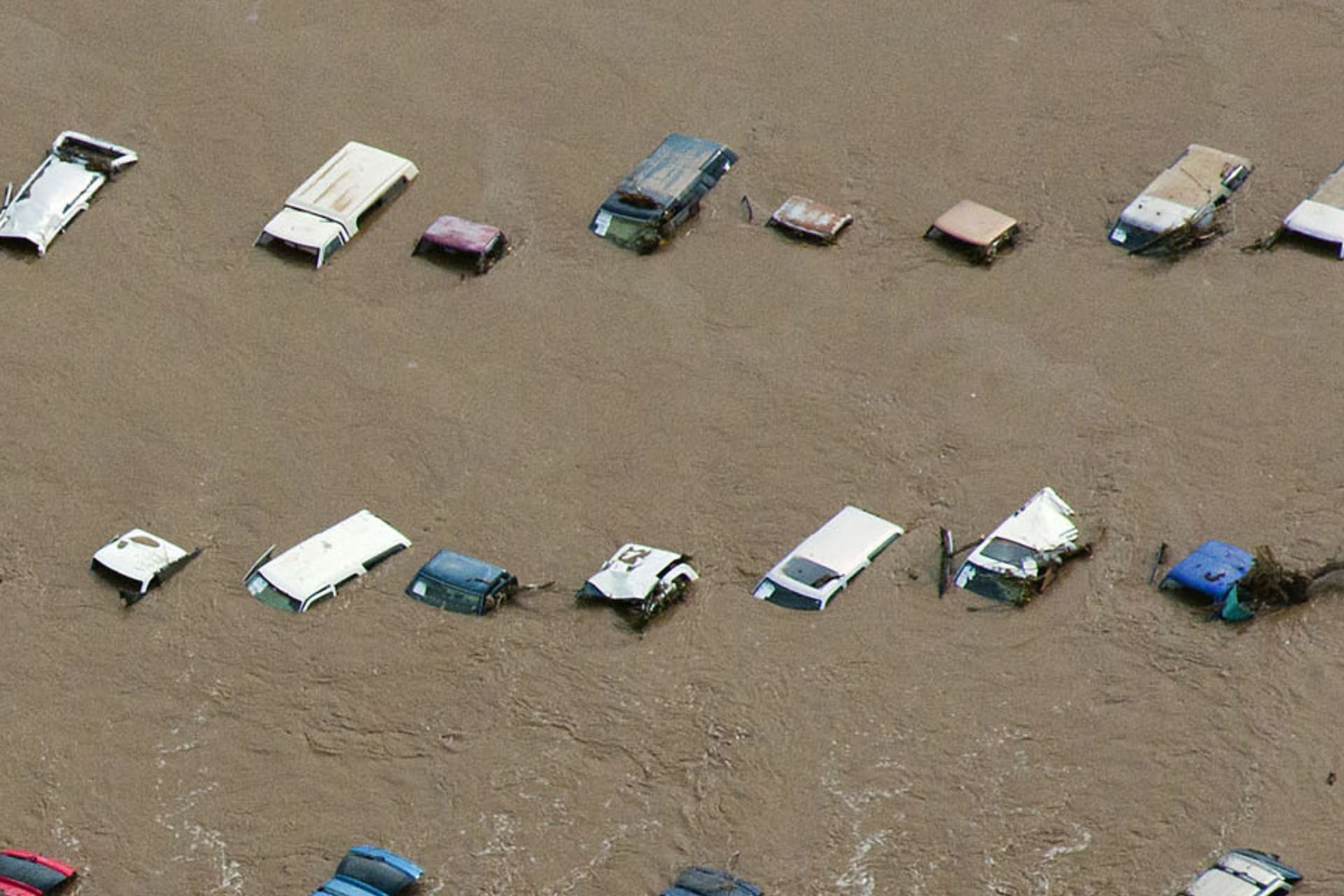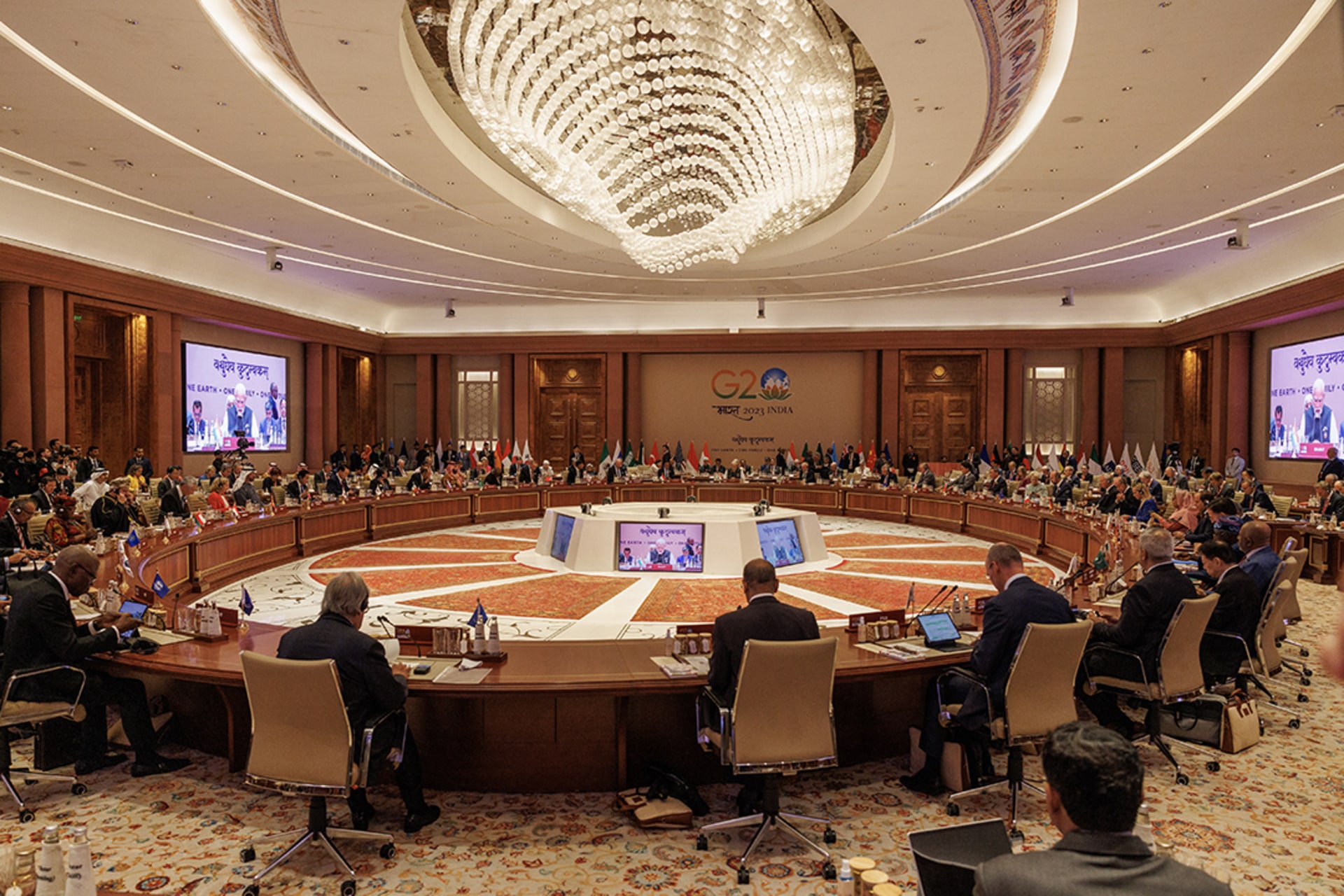LIBERIA: Child Soldiers
Published
This publication is now archived.
What can be done to help child soldiers?
Most experts agree that without focused intervention aimed at reintegrating them into society, child soldiers--who have witnessed and participated in the worst atrocities of war in Liberia and elsewhere--have little chance of rejoining normal civilian life. “If sufficient attention isn’t paid to these kids, they’re prime targets for re-enrollment” into militias or mercenary armies, says Jo Becker, advocacy director of the Children’s Rights Division of Human Rights Watch.
Are there examples of the successful demobilization of child soldiers?
Yes, experts say. “As a test case, the U.N. mission in Sierra Leone has been the most successful,” says Roselyn Odera, program officer for the U.N. Special Representative of the Secretary General for Children and Armed Conflict. The goal of that mission, she says, run by the United Nations Children’s Fund (UNICEF) in conjunction with other aid agencies, is what experts call DDR: disarm, demobilize and reintegrate children to society. Children are given shelter, education and job training, and psychological counseling to help them process their often horrifying experiences. After Sierra Leone’s ten-year civil war ended in 2001, UNICEF and other agencies helped demobilize nearly 10,000 combatants under the age of 18.
Is any progress being made to stop the use of child soldiers worldwide?
Yes, although there could always be more, says Becker. A U.N. optional protocol to the Convention on the Rights of the Child from May 2000 requires signatory governments to refrain from conscripting soldiers under 18, demobilize child combatants, provide rehabilitation and reintegration programs, and report to the Committee on the Rights of the Child every five years about their progress. So far the protocol has over 110 signatories and has been ratified by 54 nations. Groups like the Coalition to Stop the Use of Child Soldiers are working to have child soldiering defined as illegal child labor, and banned.
How successful are the efforts?
Encouraging. The Cote d’Ivoire rebel group Movement Patriotic de Cote d’Ivoire (MPCI) and the Liberian movement Liberians United for Reconciliation and Democracy (LURD) both announced this year that they would stop recruiting child soldiers. Late last year, the Security Council published a “name and shame” list that exposed countries and groups that still use child soldiers. Odera says the United Nations is hopeful that the list will help end the practice of recruiting children to fight wars. But Becker says much more needs to be done. “There’s pressure building, but ultimately we’re going to need a lot more on the ground,” she says.
Why are child soldiers used?
“They’re cheap, malleable, they obey orders and they don’t have the same fears as adults,” says Catherine Wiesner, an emergency child protection specialist in Liberia’s capital Monrovia with the International Rescue Commission (IRC). Experts say that children, who are eager to please and may not have developed a sense of right and wrong yet, are relatively easy to condition into obedient killing machines. And as conflicts drag on for years, a shortage of manpower may compel unscrupulous leaders to look to children to fill the ranks.
What is the role of child soldiers in Liberia?
Quite sizable, say experts. Children have been an integral part of both government and rebel armies in Liberia since the country’s seven-year civil war in the 1990s. In the recent conflict, which began in 2000, all three main factions--the government and rebel groups Liberians United for Reconciliation and Democracy (LURD) and Movement for Democracy in Liberia (MODEL)--used child soldiers. Former president Charles Taylor, who stepped down from office on August 11, 2003, recruited children into his National Patriotic Front of Liberia (NPFL) movement against the government of Samuel Doe in the late 1980s. He even formed a special brigade for them in his rebel army called the Small Boys Unit.
Which organizations are working in Liberia to serve the population of child soldiers?
UNICEF has launched an initiative in Liberia’s capital of Monrovia to recruit child soldiers off the streets and place them into safe havens, which will later be turned into educational or job training programs. Other charities, including Save the Children, International Rescue Mission, and the Catholic organization Don Bosco Homes, are also taking in and rehabilitating child soldiers.
How many child soldiers are there?
Estimates in Liberia range from five to fifteen thousand, with “a huge escalation in the last couple of years,” says Becker, “but there’s no way to know for sure.” Wiesner says child soldiers could make up 25 to 75% of the total fighting forces in Liberia. Worldwide, the United Nations estimates at least 300,000 children are used as combatants in war, with the greatest number in Burma, which has some 70,000 child soldiers.
How old are the children?
Most child soldiers range in age from eight to 15. In many countries the legal age for army conscription is 15, a limit the United Nations is trying to raise to 18.
Are both girls and boys forced to be soldiers?
Yes, although mostly the boys fight, often wearing wigs and dresses to confuse the enemy and ward off evil spirits. Girls are also forcibly recruited into armed groups to fight or act as cooks, porters, and domestics for the men and boys. They are often expected to offer sex on demand, and may be given as “wives” to commanders.
Why do the children fight?
Many are forced to, and comply out of fear for their own lives. Some are seeking revenge against groups that killed their families, or a way to escape poverty. Many are drugged, with everything from liquor and marijuana to gun powder mixed into milk or cocaine rubbed into cuts on their faces.
Are child soldiers involved in serious fighting?
Yes. Children in Liberia and neighboring Sierra Leone, where Taylor also supported armed rebel groups, have reported witnessing and participating in rapes, murders, executions, and the dismemberment and burning alive of victims. Many of them saw their loved ones killed in front of them, or were kidnapped and threatened with death if they didn’t join in on the violence.
What kind of weapons are they using?
Light, modern automatic weapons, including AK-47s and M-16s, that are simple to operate and easily accessible in war-torn regions. Technological advances have made these and other weapons easy to strip, reassemble and fire, sending a steady stream of bullets with one pull of the trigger. Becker says children also serve as human mine detectors, participate in suicide missions, and act as spies, messengers, or lookouts. She says that since children are considered less valuable than adult soldiers, they are often sent on very dangerous or suicidal missions.
Can they be reunited with their families?
Many can, says Becker. “In Liberia, family tracing will be very, very important” once the conflict ends, she says. The Red Cross has set up a family reunification program that seeks to restore the child to his or her parents or extended family. But Becker admits that taking back a child who’s been through hell isn’t easy. “There are lots of challenges,” she says, “especially if the child was with an armed group and killed people or committed atrocities. That might be hard for a family to accept.” Some groups perform traditional reconciliation or forgiveness ceremonies, or ritual purification rites, to help the child readjust to normal life. Becker thinks the widely-known fact that most children were taken against their will could help families accept them back. And Wiesner, who spent two years demobilizing child soldiers in Sierra Leone, says most families want their children back— once they’re disarmed.t
Colophon
Staff Writers
- Esther Pan





